Daily Habits for Career Transformation
Ready to transform your career? Adopt these 6 daily habits to drive long-term success and achieve your career goals. Start making positive changes today for a brighter future.
Table of contents

Ready to transform your career? Adopt these 6 daily habits to drive long-term success and achieve your career goals. Start making positive changes today for a brighter future.
Daily habits hold immense power in shaping career trajectories. The routines and practices followed every day can make a significant difference in achieving career transformation. Small, consistent actions build up over time, leading to substantial progress and long-term success.
Consistent practices create a foundation for growth. They enhance skills, improve productivity, and foster resilience. By focusing on daily habits, anyone can steadily move towards their career goals, making transformation not just a possibility but an inevitability. Establishing effective routines and sticking to them is key to unlocking potential and driving career success.
Setting daily goals is crucial for career transformation. Clear intentions act as a roadmap, guiding actions and ensuring focus on what truly matters.
Each morning, take a few moments to plan and prioritize tasks. Identify the most important objectives for the day and outline steps to achieve them. There are several techniques to incorporate into a morning routine, that will help you organize your day, stay focused on your priorities, and increase overall productivity.
📅 Use a To-Do List
Writing down tasks in order of importance helps visualize the day's workload and keeps track of accomplishments. According to a study published in the Journal of Personality and Social Psychology, creating a to-do list can significantly increase productivity and reduce anxiety.
📅 The Eisenhower Matrix
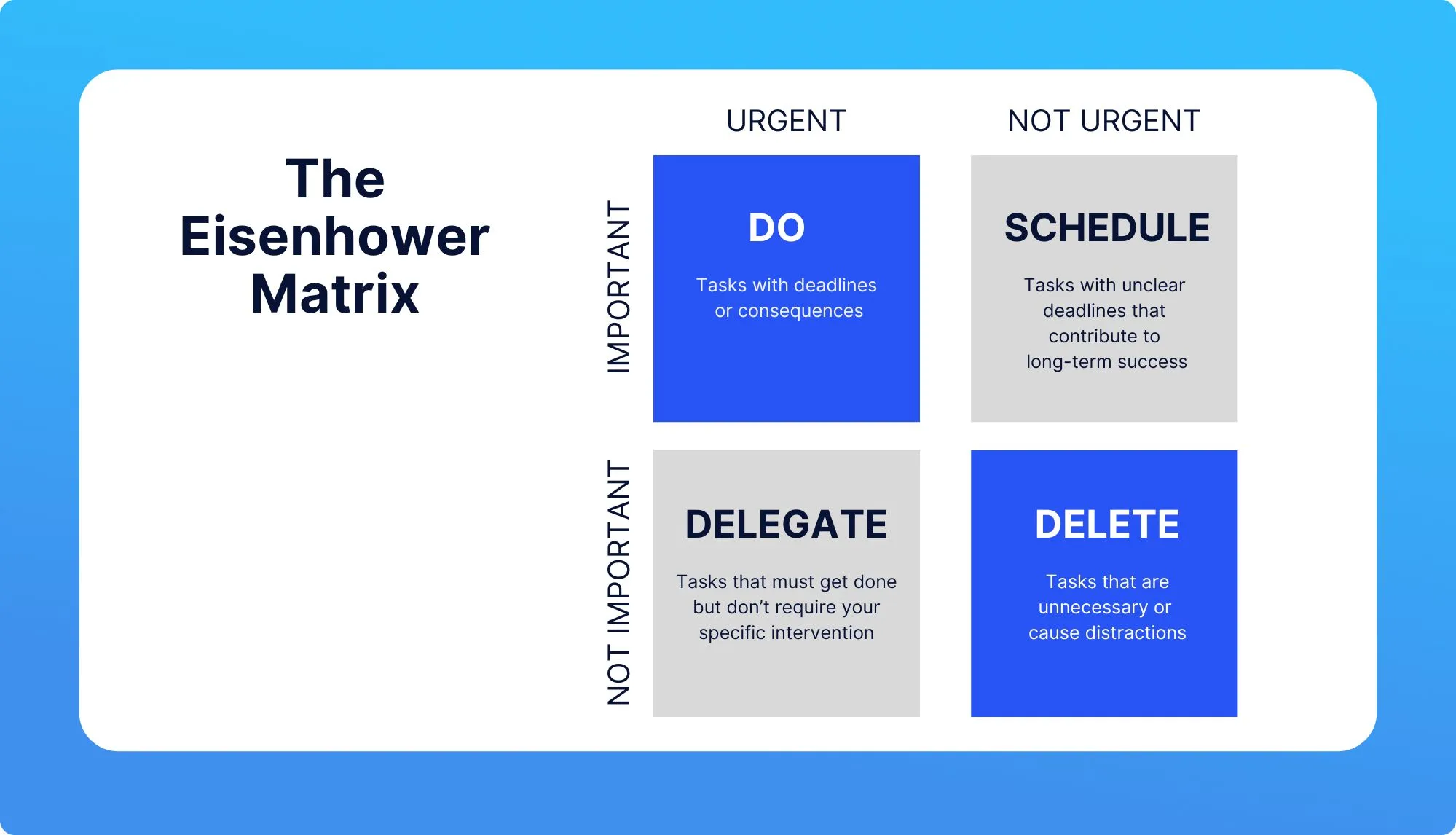
This method categorizes tasks based on urgency and importance:
This technique helps focus on high-priority tasks and reduces time spent on less critical activities. Research by Dr. Stephen Covey, author of "The 7 Habits of Highly Effective People" supports the effectiveness of this prioritization technique.
📅 Set SMART Goals
Ensure goals are Specific, Measurable, Achievable, Relevant, and Time-bound.
This clarity boosts motivation and increases the likelihood of success. According to a study by Dr. Gail Matthews at Dominican University, writing down specific goals and sharing them with a friend enhances achievement rates by 33%.
📅 Use Daily Planning Tools
By the end of the day, take your time to assess what was accomplished and what wasn't, move incomplete tasks to the next day and adjust priorities as needed.
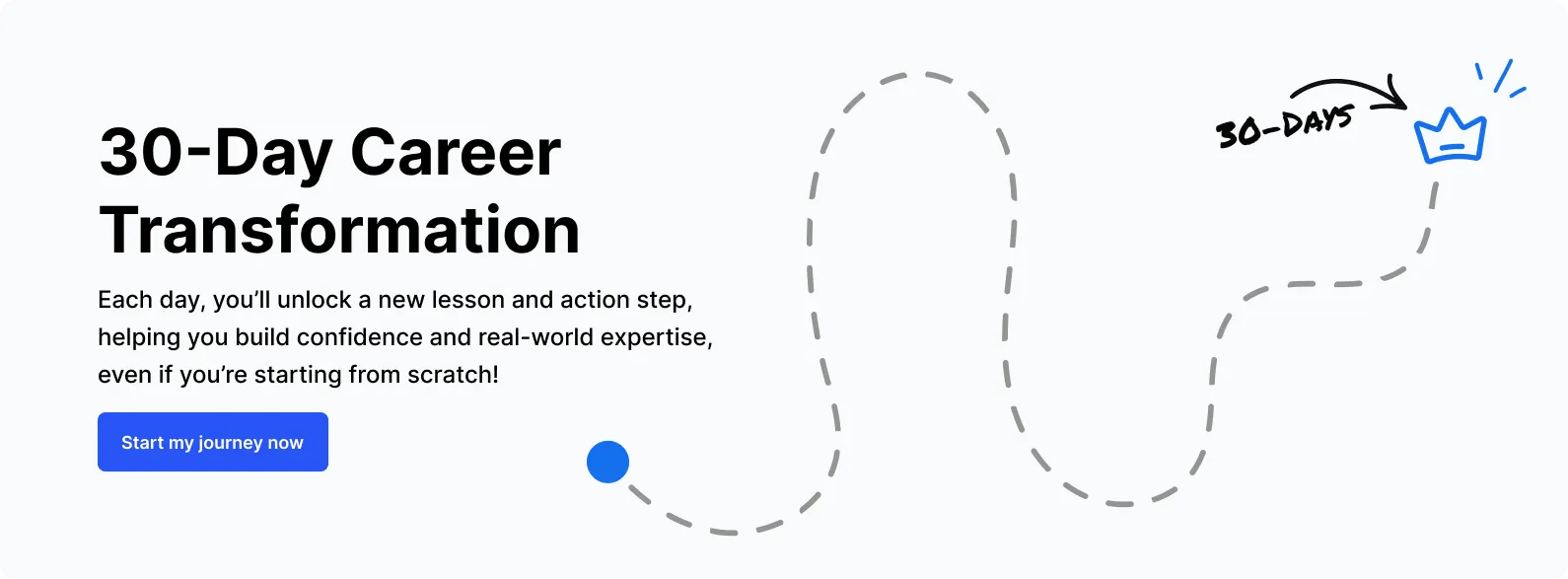
Dedicating time each day to learning new skills is crucial in today's dynamic job market. Employers seek adaptable individuals who can bring fresh perspectives to the table. Continuous learning not only enhances your competitiveness but also keeps your mind agile and ready for challenges.
Every new skill acquired expands your capabilities and boosts your confidence. Personal growth opportunities abound when you embrace learning. Make it a daily habit to invest in yourself: it's a wise investment for your career and personal development.
📚 Resources for Continuous Education
According to a report by the Online Learning Consortium, over 85% of students and professionals believe that online learning helps improve job performance.
A report by the Pew Research Center highlights that professionals who continuously engage in learning are more likely to advance in their careers.
Networking is a powerful tool for career growth. Both online and offline channels offer valuable opportunities to connect with others, exchange insights, and build mutually beneficial relationships.
Online platforms like LinkedIn and industry-specific forums provide a virtual space to engage with professionals, share knowledge, and showcase expertise. By actively participating in discussions and connecting with relevant individuals, you can expand your network and increase your visibility in your field.
Offline events such as conferences, meetups, and coffee meetings offer face-to-face interaction, allowing for deeper connections and more meaningful conversations. These events provide opportunities to establish rapport, exchange ideas, and explore potential collaborations.
Remember, effective networking is not just about making connections for personal gain. It's about building genuine relationships and offering value to others. By being helpful, supportive, and authentic, you can cultivate a strong network that benefits both you and your connections.
In today's interconnected world, investing time and effort into networking on a daily basis can yield significant long-term benefits for your career and professional development.
🤝 Tips for Meaningful Engagement
How to Network: Networking Etiquette Tips for Professionals
Daily self-reflection is vital for personal and professional growth. It helps in recognizing achievements, identifying areas for improvement and learning from your experiences.
Here's why:
📝 Celebrating achievements: Reflecting on your daily accomplishments allows you to acknowledge your progress and celebrate your successes, no matter how small. Recognizing your achievements boosts your confidence, motivation, and sense of accomplishment, reinforcing positive behavior and encouraging continued effort.
📝 Identifying strengths and weaknesses: By assessing your daily performance, you can gain insights into your strengths and weaknesses. Recognizing your strengths helps you leverage them effectively, while acknowledging your weaknesses enables you to address them and seek opportunities for improvement.
📝 Setting goals: Self-reflection provides an opportunity to evaluate your progress towards your goals. By assessing what you've achieved and what still needs work, you can adjust your goals, priorities, and action plans accordingly, ensuring you stay on track and continue moving forward.
📝 Learning from mistakes: Reflecting on areas for improvement allows you to learn from your mistakes and setbacks. By identifying what went wrong and why, you can develop strategies to overcome obstacles, avoid repeating errors, and grow from your experiences.
📝 Fostering self-awareness: Regular self-reflection increases self-awareness by helping you understand your thoughts, feelings, and behaviors more deeply. This heightened awareness enables you to make more informed decisions, manage your emotions effectively, and cultivate a greater sense of self-understanding and authenticity.
📝 Driving continuous improvement: Self-reflection is the cornerstone of continuous improvement. By consistently evaluating your performance and seeking ways to enhance your skills and abilities, you can strive for excellence, adapt to changing circumstances, and stay ahead of the curve in your personal and professional development.
Maintaining a journal or progress tracker is an effective way, not only to cultivate this daily self-reflection, but also to monitor your personal and professional development over time. Here are some methods for doing so:
Research by Dr. James Pennebaker at the University of Texas shows that regular journaling can reduce stress and enhance well-being.
Personal Empowerment through Reflection and Learning, by Dr. Craig Mertler
Maintaining an organized workspace and schedule is essential for productivity and efficiency. Here are some daily practices to help you stay organized:
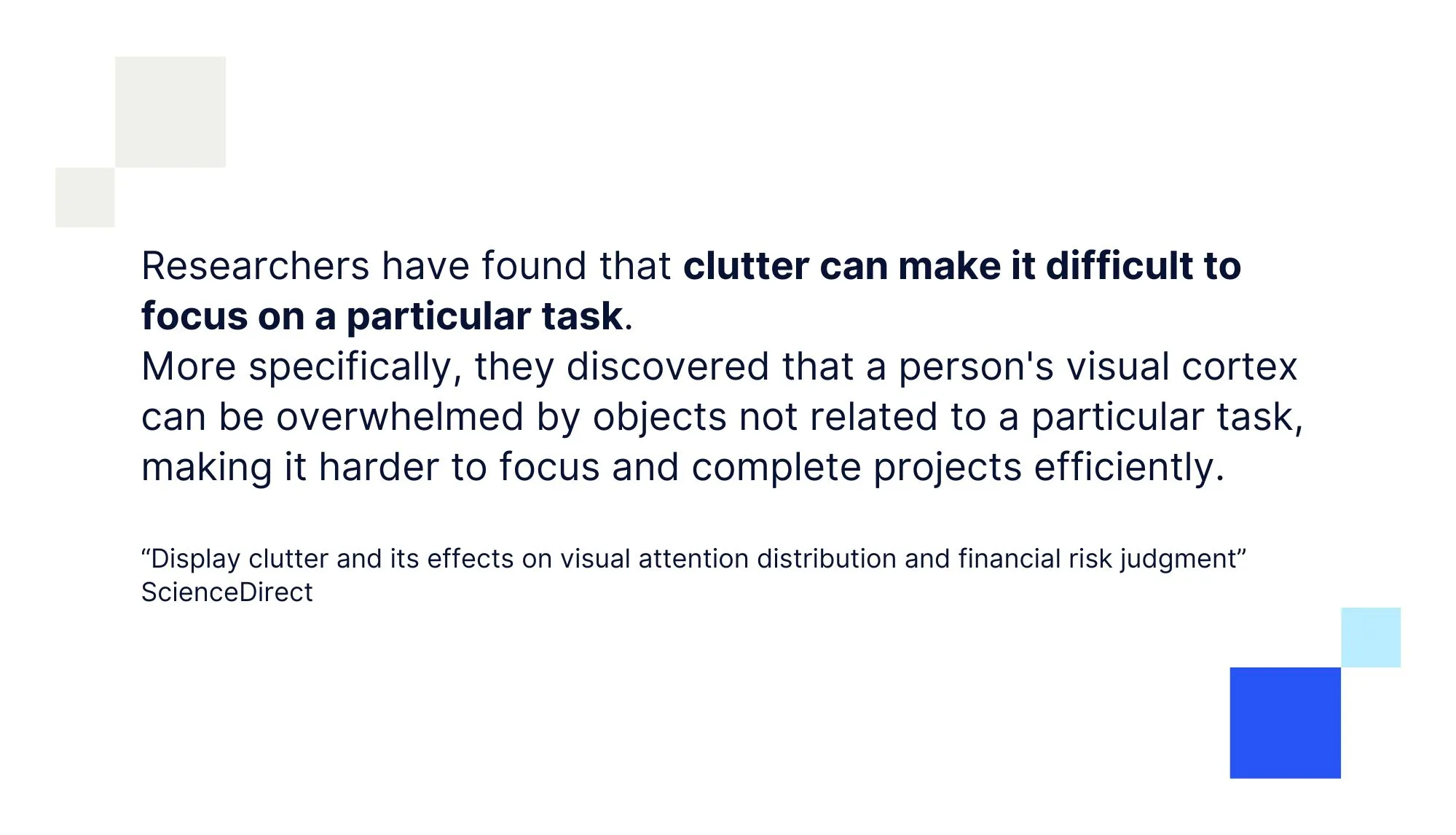
You can also incorporate some productivity techniques into your daily routine to optimize your time management, increase efficiency, and accomplish your goals more effectively:
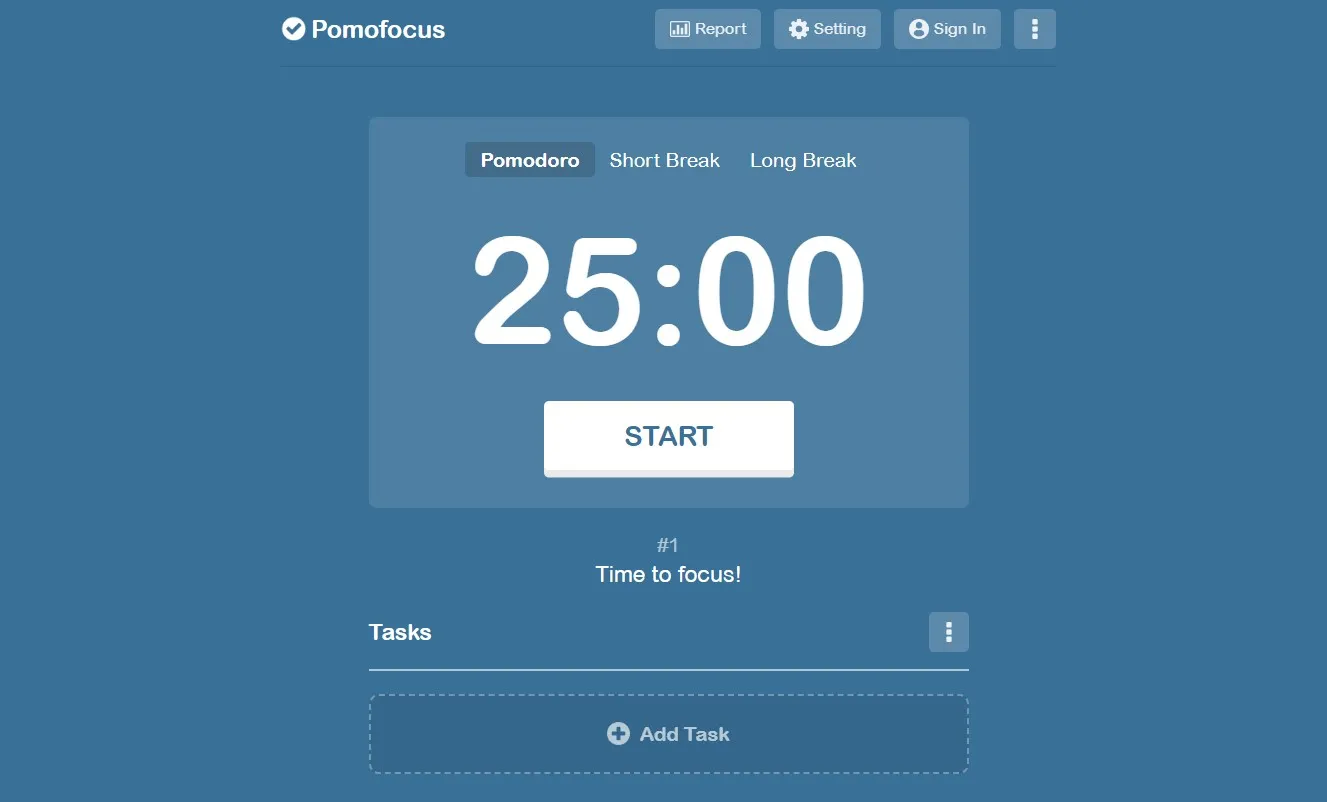
Regularly seeking feedback from peers and mentors is crucial for personal and professional growth. By actively soliciting input from others, you gain valuable perspectives, identify blind spots, and accelerate your learning process.
Feedback helps you recognize your strengths and weaknesses more accurately, enabling you to refine your skills and make progress more efficiently. Moreover, feedback boosts confidence by validating your efforts and motivating you to continue striving for excellence.
Furthermore, seeking feedback enhances self-awareness, strengthens relationships, and fosters accountability. By reflecting on feedback from peers and mentors, you increase your understanding of your behavior and communication style, allowing for more effective interactions.
Open communication and trust are cultivated through the exchange of feedback, contributing to stronger connections and deeper rapport with others. Additionally, feedback keeps you accountable for your actions and progress, driving continuous improvement and guiding your career development journey.
How to Constructively Apply Feedback
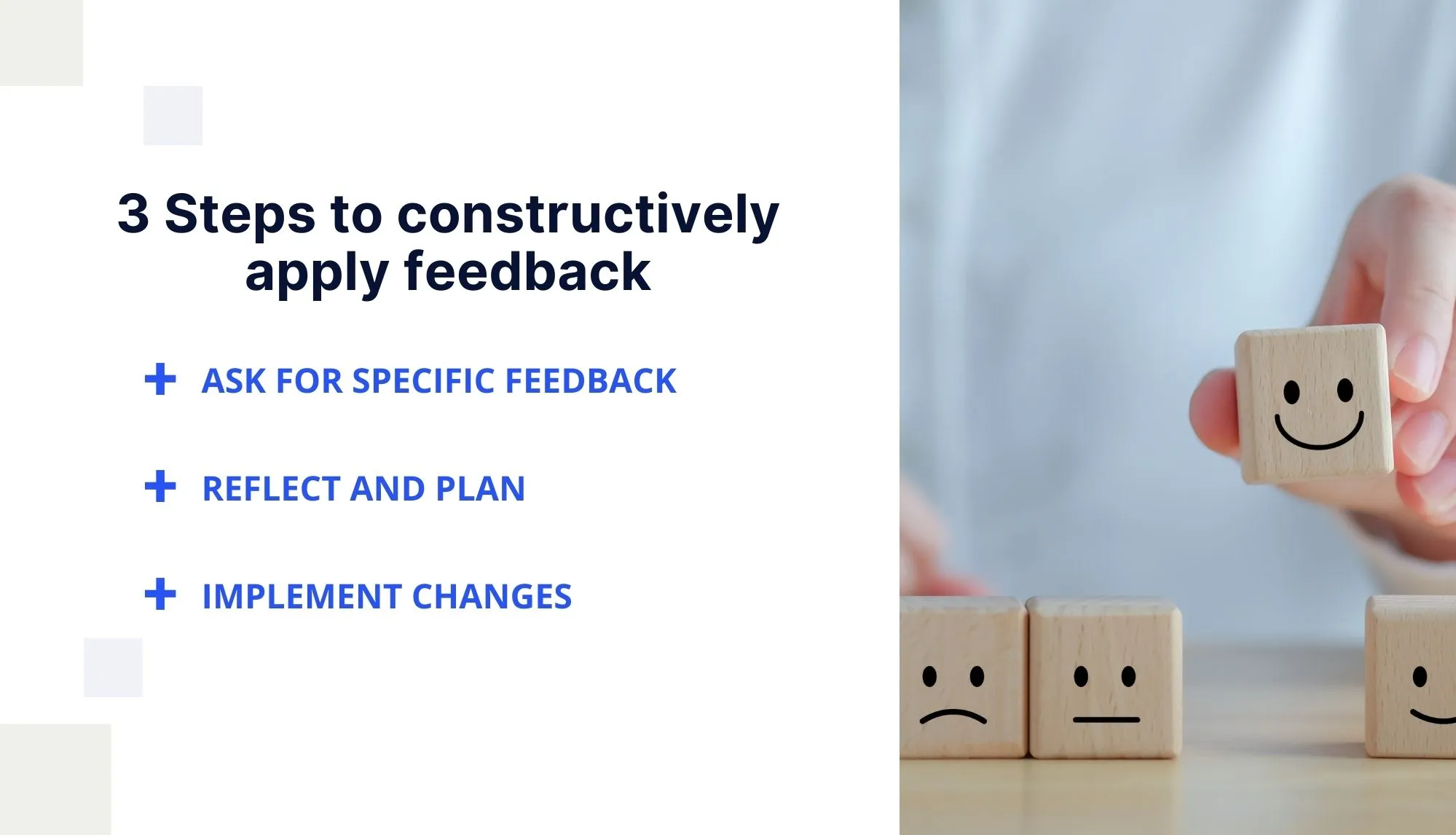
In order to effect a career transformation, it is imperative to diligently cultivate daily habits that align with overarching professional aspirations. By prioritizing clear intentions, lifelong learning, consistent networking, reflective practices, organizational proficiency, and feedback integration, individuals can achieve career success.
Implementing these habits consistently will set you on the path to career transformation, laying the foundation for sustained growth and fulfillment. Start today and see how these small, daily actions will lead to significant progress and success. Your future self will be grateful for the dedication and commitment you have invested now.
Looking to re-invent yourself and turn your talent into a career? Stay up to date with the latest.